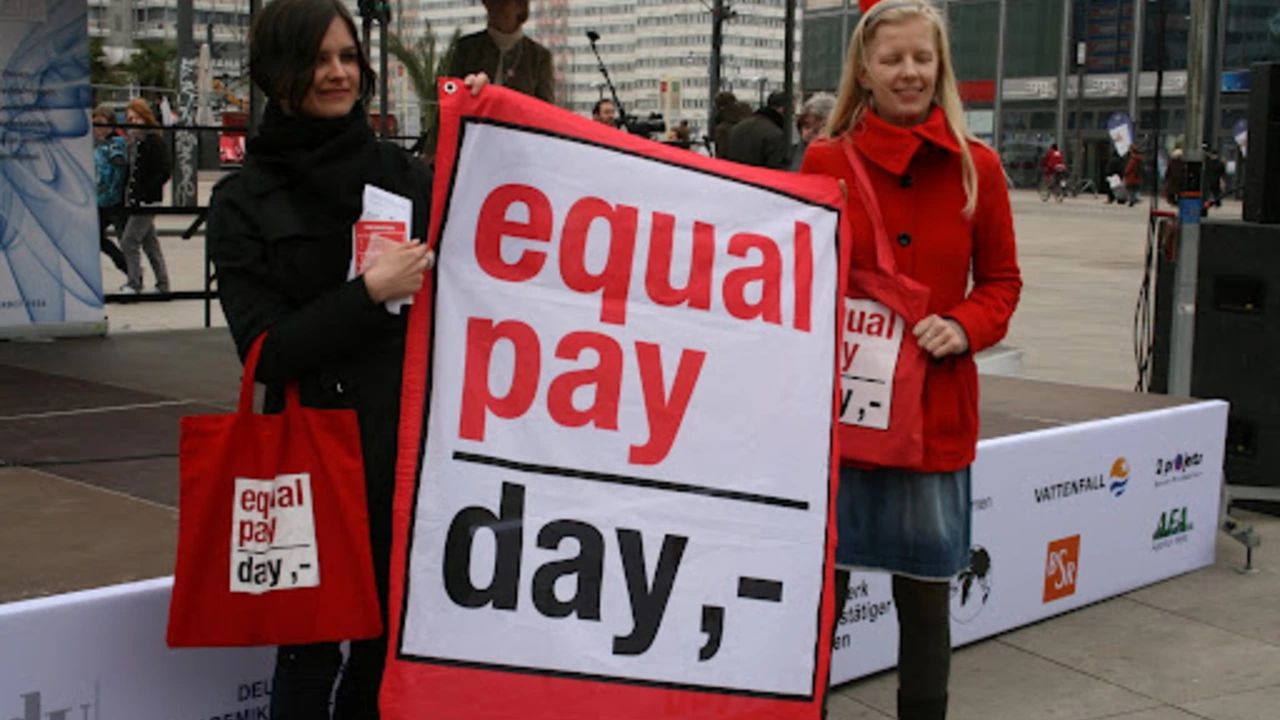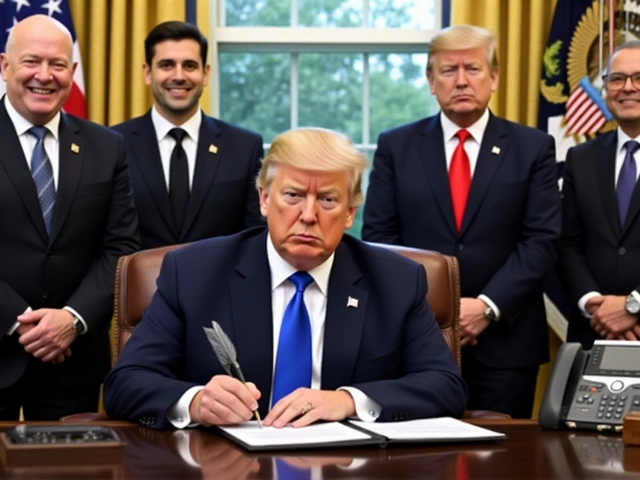Equal Pay in Soccer: Why It Matters
When you hear "equal pay" in football, you probably think of women’s teams getting the same money as men’s squads. It’s more than a buzzword – it’s about respecting the work each player puts in on the pitch. In a sport that brings fans together, paying players fairly sends a clear message that every effort counts, no matter who’s wearing the kit.
The Current Pay Gap
Right now, the gap between men’s and women’s salaries is huge. Top women’s players often earn a fraction of what a male star makes, even when they play in the same league or tournament. For example, the United States women’s national team fights for a share of prize money that is still far below the men’s side. This isn’t just a numbers issue; it shapes how players view their career prospects and how young girls see a future in the sport.
Clubs also feel the difference. When a club invests less in its women’s side, training facilities, medical staff, and promotion suffer. The result is slower growth, smaller crowds, and less media coverage. All of this keeps the pay gap wider, creating a cycle that’s hard to break without deliberate action.
How Everyone Can Help Close the Gap
Clubs can start by setting transparent salary structures. Publishing wage ranges for men’s and women’s squads shows fans that the club is serious about fairness. Offering equal match fees, performance bonuses, and sponsorship deals helps level the field. Even small steps, like matching travel allowances or providing the same quality kits, make a big difference to players’ day‑to‑day lives.
Fans have power too. When supporters choose to buy tickets, merch, or stream women’s matches, they boost revenue that can be reinvested in salaries. Speaking up on social media, signing petitions, or writing to club owners puts pressure on decision‑makers to act. Sponsors that back women’s football with the same budget as men’s teams also send a strong signal that equality matters.
Players themselves can lead the conversation. Speaking openly about pay, sharing personal stories, and forming unions give them a collective voice. When players negotiate contracts, they can ask for clauses that guarantee equal treatment in bonuses and image rights. Those talks often inspire other clubs to follow suit, creating industry‑wide change.
Finally, governing bodies need clear policies. League rules that require minimum wage standards for all professional players, regardless of gender, lay a solid foundation. When FIFA and UEFA tie prize money to gender parity, clubs have a financial incentive to close the gap quickly.
Equal pay isn’t a fantasy; it’s a practical step that benefits the whole football community. Fair wages bring better talent, stronger competition, and deeper fan engagement. By working together – clubs, players, fans, and sponsors – the sport can finally match the passion it inspires with the pay it deserves.

The demand for equal pay for women footballers is growing stronger each day, and for good reason. Many believe that the gender pay gap in sports is unjustified, given that female players work just as hard and are as committed as their male counterparts. They argue that it's not about the revenue generated, but about recognizing the talent, efforts, and dedication of these athletes. Others also highlight the importance of promoting gender equality in all sectors, including sports. In my opinion, it's about time we value and reward female footballers equally. (Read More)



